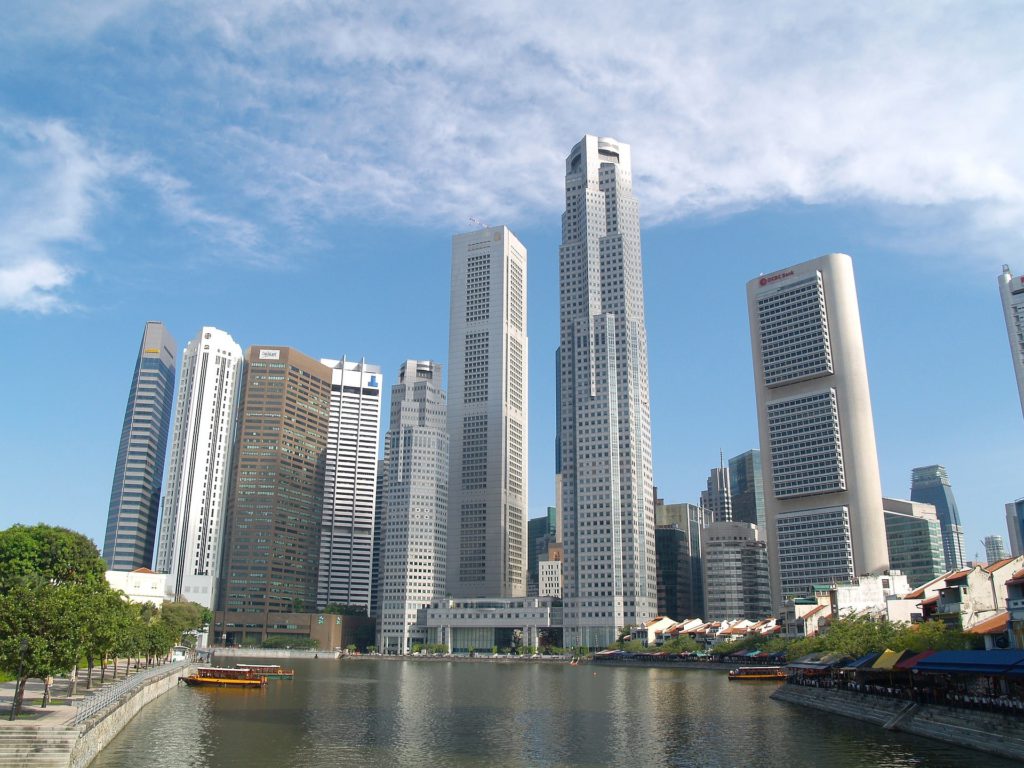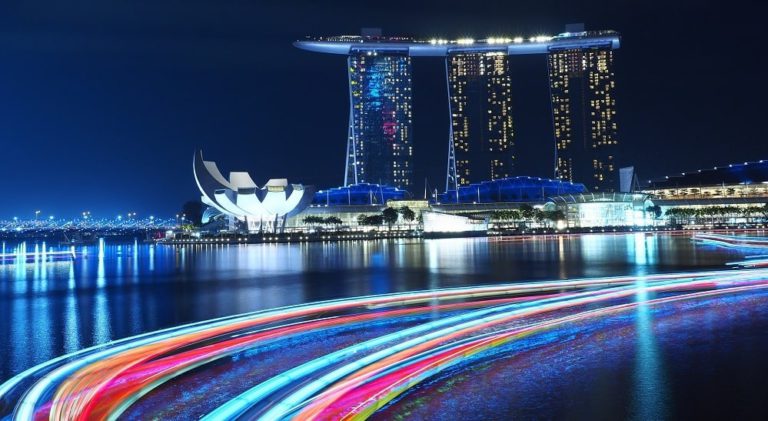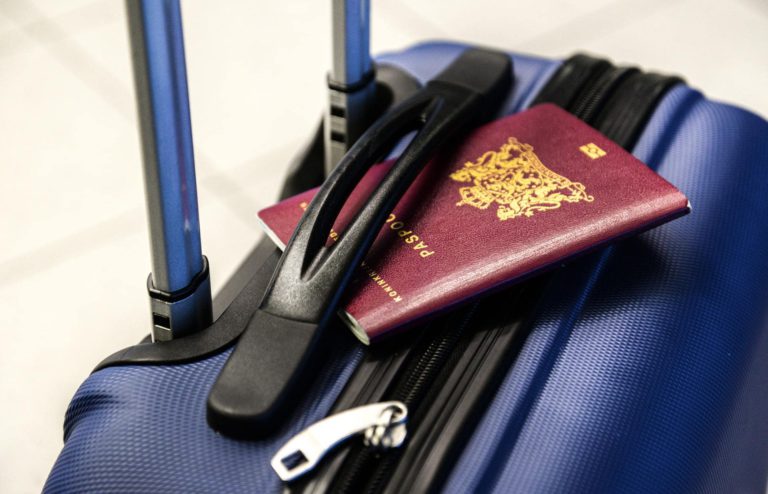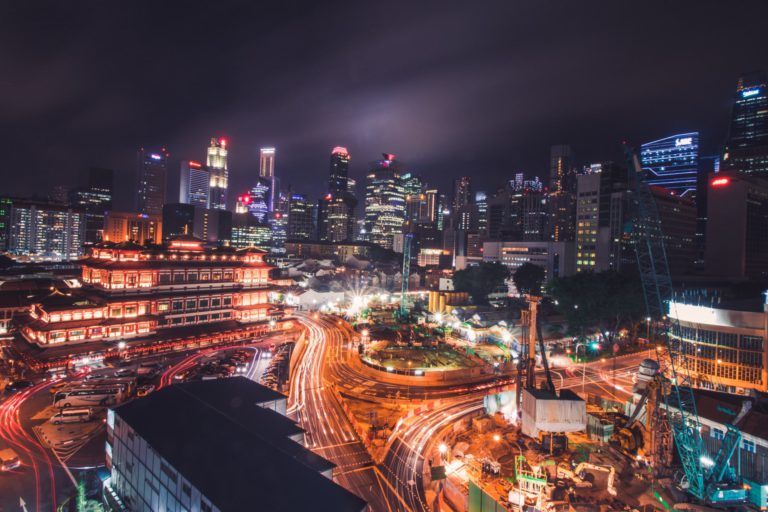Singapore has laid out plans and steps to take to move forward after the damaging effects of the pandemic. A brief outlook on how these key economic strategies affects Singapore's inbound immigration.
Challenges to be Anticipated as Singapore Looks towards Covid-19
Recovery-How SG’s Key Economic Strategies Affect Its Immigration
On 20 January 2021, Singapore’s Trade and Industry Minister Chan Chun Sing spoke on the various challenges to be anticipated as the country looks to recover from the adverse impacts of Covid-19. Amongst these hurdles, the growing income disparity across the globe brought on by the Covid-19 crisis, as well the persisting geopolitical tensions between China and the US which could affect the international rules-based trading system are two of the biggest concerns faced by Singapore, and many other countries aiming to move forward to recovering from one of the worst recessions of the era.
An additional challenge Singapore will face in recovery is the ongoing tensions between the local and foreigner population within the country. As the uncertainty surrounding the job market continues, a perceived competition between locals and foreigners for jobs in Singapore has seemed to contribute to growing tensions between the two groups. This complex situation has forced the Singaporean government to discover ways to balance the security of their citizens while still remaining open to foreign talent to drive growth in key sectors.
Key Economic Strategies Singapore is Adopting Moving Forward
Singapore will be adopting 4 key economic strategies as it looks ahead towards economic recovery:
1. Strengthening its Position as a Critical Component of the Global Value Chain
To strengthen its position as a critical component of the global value chain, Singapore has been identifying the best global companies in niche areas that can be brought onshore and building a strong ecosystem to support them. Through this, local Small and Medium Enterprises (SMEs) will be able to garner valuable experience and exposure, as well as help in the development of a highly skilled and globally valued workforce.
2. Forging New Trade Rules in Sectors like Data, Finance and Technology
Singapore has embarked in forging new Digital Economy Agreements (DEAs) with countries like South Korea and Britain, having already signed DEAs with Australia, New Zealand, and Chile in 2020. These DEAs will allow Singapore to forge ahead in its efforts to develop the digital economy, as well as allow the country to set high standards in global digital trade rules.
3. Pursuing an Innovation-Led and Sustainable Economy
In order to pursue an innovation-led and sustainable economy, Singapore will be strengthening its research networks, supporting the ventures of small companies to close the innovation and enterprise loop, and motivate companies to innovate and develop new solutions for the global and regional markets.
4. Continuing its Support for Companies to Remain Competitive and Resilient in Crisis
Singapore plans on continuing its support for companies to remain competitive and resilient in a Covid-19 world. This will extend beyond the initial bolstering, and venture into helping them gain new opportunities, with targeted help to shore up corporate capabilities and aid firms in accessing other platforms for innovation and new markets. As jobs will change in a post Covid-19 world, the upskilling of the local workforce is critical in ensuring that Singapore will still have a talented and sought-after pool of workers, even as the world changes.
How Will This Affect Singapore’s Immigration Outlook?
While the annual quota for Permanent Residents and New Citizens will not change, the type of profile that would be favoured could possibly change, as competition for Permanent Residency and Citizenship approvals intensifies. Individuals that fall in line with Singapore’s strategic move forward into recovery, could have better chances of their profile being approved. As Singapore focuses on efforts for economic recovery, these applicants could be able to stand a higher chance at getting their Permanent Residency or Citizenship application approval:
- Possesses vast and relevant experience in sectors like sustainability, technology, and global supply chains;
- Able to directly contribute to the upskilling of the local workforce to keep them relevant as the world progresses forward into the future;
- Can contribute to the research and innovation of key sectors like sustainability and technology; and,
- Able to spearhead the evolution of Singapore’s role in the global supply chain into one that is more resilient and future ready.
Ultimately, despite the challenges ahead, Singapore maintains its position of remaining open, reminding its citizens that it is only through openness the country can survive, recover, and prosper. As Singapore’s Trade and Industry Minister Chan Chun Sing reiterated, “We must remember, ultimately, our competitiveness come from our ability to aggregate talent from across the world to complement ours. The real competition is never within Singapore but beyond Singapore with the rest of the world.“







